When it comes to food, Italians are proud of their roots. They would unlikely renounce to their typical dishes and favor them above all other types of food. Even when they are abroad, many Italians like to head to Italian restaurants even if, most times, these prove to be rather disappointing. Yet, the belief Italian food is healthier and better than any other, will bring them to repeat the same mistake over and over.
Italians’ devotion to their own cuisine also involve their trust in the Mediterranean diet, famously based on olive oil, fresh vegetables and fragrant herbs. When it comes to the crunch, Italians can be quite reluctant to eat foreign food, especially ethnic, spicy dishes, with atypical ingredients and flavors.
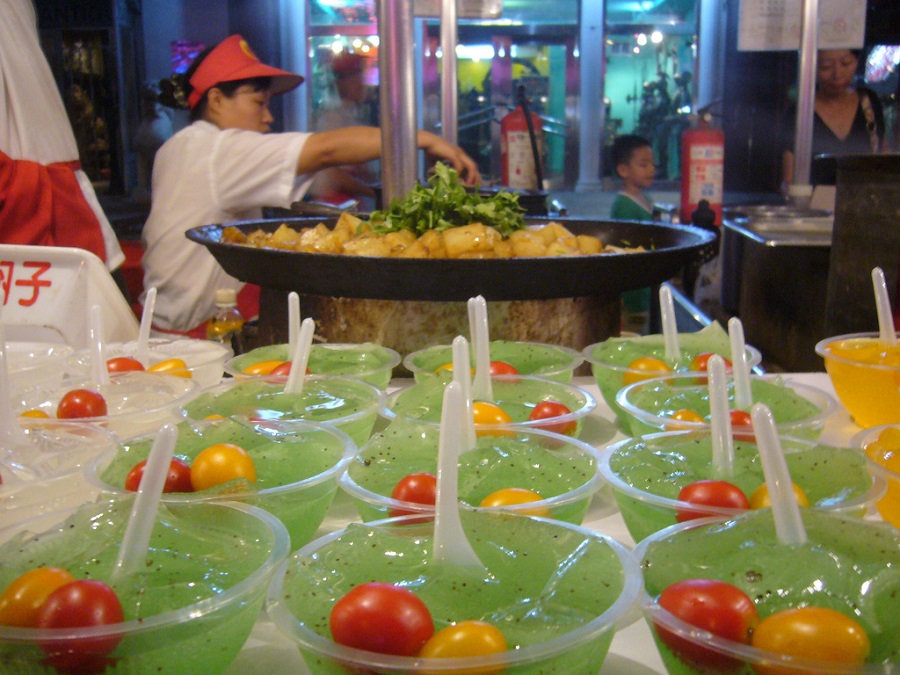
Statistics say four Italians out of ten have never been to a foreign restaurant: despite the increasing diffusion of foreign eateries and take aways all over the country, when it comes to it, we remain quite skeptical. The only exotic dish which appears to have truly conquered the heart of the people of Italy is the ubiquitous turkish kebab, with its spiced lamb, fresh vegetables and mint and yogurt sauce; but, in the end, that is not so surprising. Typically eaten on the coasts of the Mediterranean Sea, the kebab is, indeed, just another example of a style of cuisine very close to our own. Whatever the reason, kebabs have become common chow for students, gourmet eaters and families alike. Their main ingredient, spicy, thinly sliced lamb meat has appeared among the toppings of one of Italy’s kitchen finest: pizza.

In spite of some opening towards different foods especially, but not solely, among the youngest generations, Italians remain on average quite old fashioned and tend to prefer traditional Italian dishes; this would not be a problem, if it were not for the fact that, at times, our attitude to foreign cuisine borders the comical.
The difficult, nationalist Italian eater can be squarely placed in one -or more- of these three categories: the patriotic, the persistent and the mistrustful eater. The patriotic eater firmly believes Italian food is the best in the world and no other cuisine is worth to be tried; the persistent eater is possibly the most fastidious to deal with, especially when on holidays. He usually expect to eat proper Italian food everywhere else in the world ,and very often entertains their dinner buddies with their incessant whining about how badly foreigners cook. Last, but not least, the mistrustful eater simply refuses to try any other form of food, convinced within an inch of his or her life s/he will never, ever enjoy anything that is not made in Italy.
Keep in mind, though, that we are not all like this: in the past couple of decades, Italians have opened more and more to the delicacies and the pleasures of foreign dishes: in the end, we are “buon gustai”, we love good food, so we were bound to fall in love with other cuisines, too. Nowadays, ethnic restaurants are found not only in larger cities, but also in smaller centers and attract a varied- albeit mostly younger- crowd.

The most popular foreign restaurants in Italy are divided into three main categories: Asian, Latin-American and European restaurants, among them the most popular are certainly Chinese, Japanese, Mexican, Indian and Greek. Chinese restaurants, in particular, can be found everywhere in the country, whereas Japanese restaurants and sushi bars seem to be the trendiest, most fashionable eateries, with a price tag to match.
If you are going to Italy so, and you do not want to eat Italian –why wouldn’t you, though?– rest assured you will find your favorite, ethnic dishes to munch on almost everywhere. However, isn’t it better to enjoy a country’s wealth and beauty also through its food? To say it with the old rhyme: isn’t it better, when in Rome, to do it like the Romans?
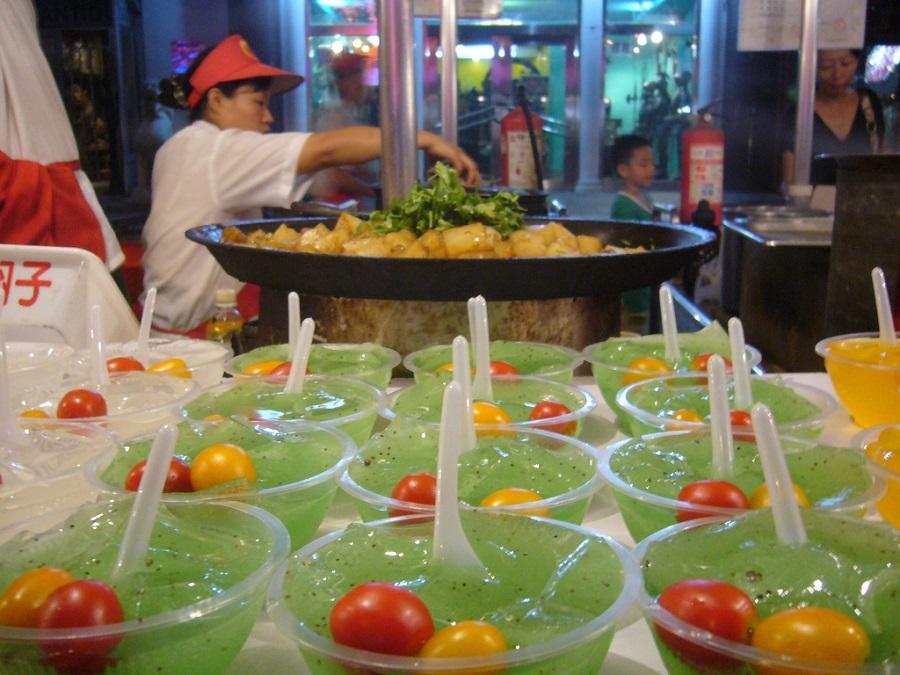




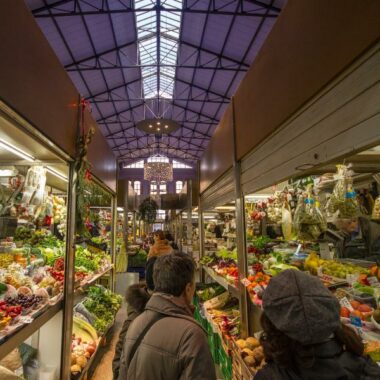
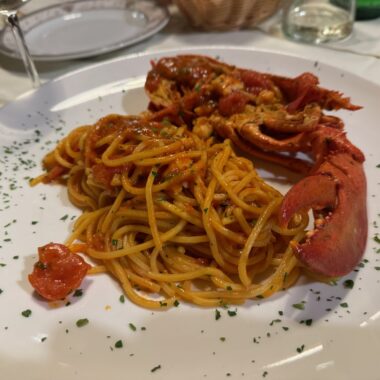









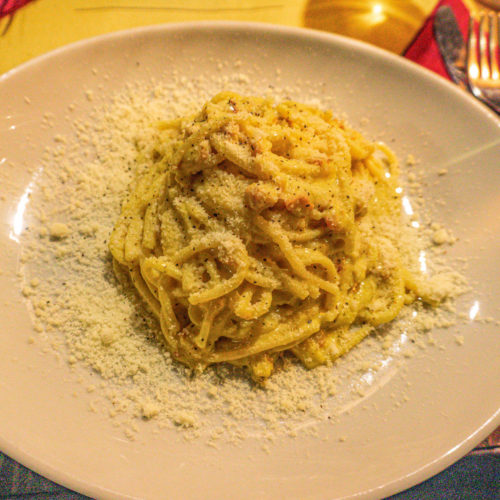








I’m Australian-Italian. I do love Italian food, probably the most, but I do also like many other types of food from many cultures. Italy is NOT a country per se, it is a regional conglomerate, and in that way it is broken up into almost small village minded attitudes that, in any country, hardly lends itself to change. I do believe that once an Italian is introduced to foreign dishes cooked well then they can appreciate them. Unfortunately, many immigrants that set up eateries are NOT qualified, trained or don’t have love for hospitality. I believe what translates for an Italian, more than the dishes themselves, is the passion and inspiration that a cook puts into a dish.